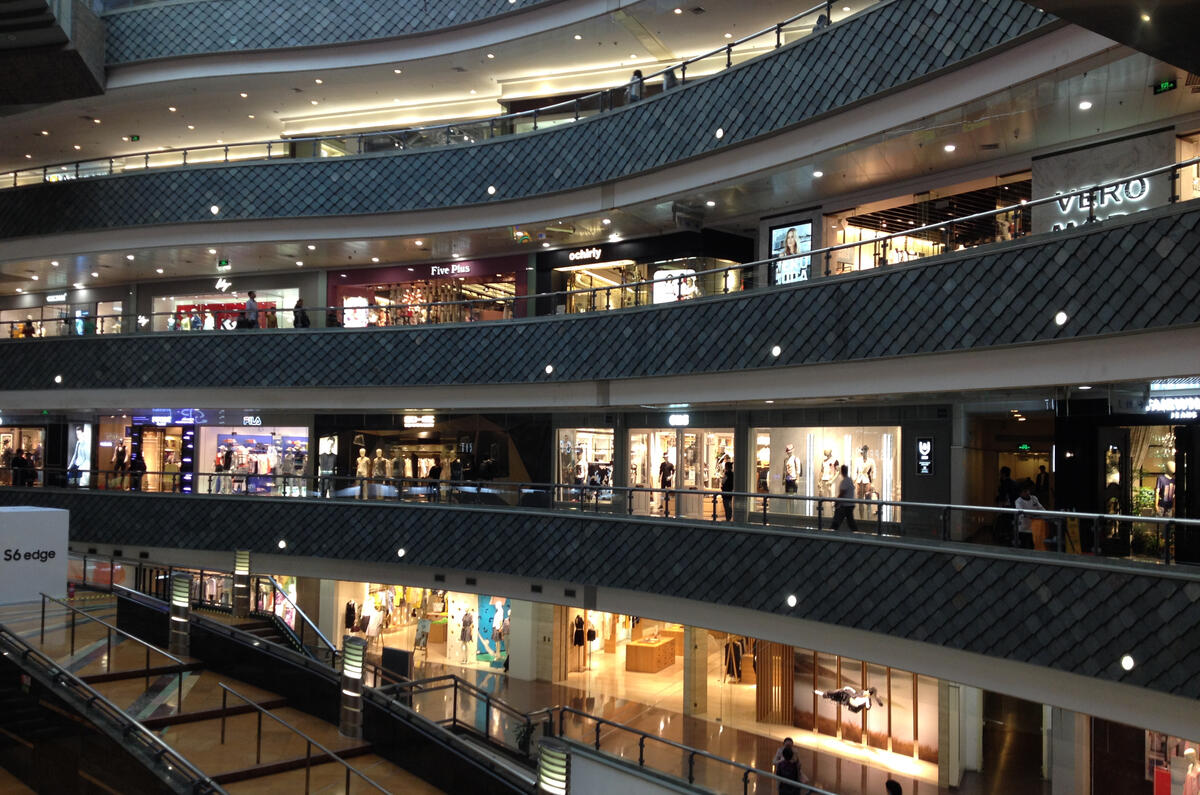After 11 hours on a plane to Shanghai, it was somewhat dispiriting after just a few hours looking around to be drawn like the proverbial moth to the flame of shapeless building called the ‘Super Brand Mall’. But drawn I was, past TGI Fridays, Starbucks and Hooters and into a vast space that looked uncannily like any upmarket shopping centre that can be found the length or breadth of Britain.
Inside, I was equally at home; McDonalds, KFC and countless other western fast food brands view for space alongside Gap, Casio, Tag Heuer and Calvin Klein stores. There were some indigenous Chinese shops… but closer inspection revealed that they were almost all department stores, stocking a variety of yet more Western brands. Even the promotional imagery invariably used a combination of Western and Eastern models, ensuring the brand’s roots were always at the forefront of shopper’s minds.
It’s no good getting on a high horse about China’s love affair with these so-called super brands; plenty of us wear branded clothes, feel more comfortable eating in chain restaurants and aspire to own top-end watches. The greatest example of counter-culture I can think of is the Superdry brand, which has expanded to become a major clothes retailer in Europe and the US by mixing American fashion printed with nonsense Japanese writing - despite appearing oriental, the company was founded in Cheltenham and is based in the UK.
But, make no mistake, in the big cities China has fallen hook, line and sinker in love with Western brands, drawn through a mixture of aspiration and a love affair with authenticity, which only truly comes when a firm has heritage (and you don’t need a history lesson from me to understand why few Chinese firms have a history of their own).
It’s also why this Monday’s Shanghai motor show remains of crucial importance for Western car brands, even in the face of the rapid sales growth of the past five years finally starting to slow (albeit to figures closer to 10% year-on-year growth rather than at least 30%). What’s interesting, though, is that as the profits rise the car makers are increasingly willing to adapt to the tastes of the market.



















Join the debate
Add your comment
China compliments Western tastes
Jim Holder wrote: ...You
True enough, but in the case of the Volvo XC90, its launch in China might also be due to the fact that Volvo is now owned by the Chinese.